
Dry shampoo is a fantastic product that helps freshen up hair in between shampoos. In addition, dry shampoo is useful and convenient when traveling or in everyday situations when you simply do not have time to wash your hair. With the use of dry shampoo, the hairstyle keeps its shape longer and more reliably. Therefore, we can say with all decisiveness that dry shampoo is an express must-have tool in every woman's cosmetic bag.
What is dry shampoo? Different cosmetic brands offer dry shampoos for different problems and hair types for greater volume, anti-grease, etc. You can also find products with various main components of rice, oat, and corn starch. They absorb sebum, which creates the effect of staleness. As a result, you get clean curls and a tidy hairstyle. Natural ingredients are light and soft in dry shampoos, eliminate the feeling of sticky hair, do not harm the scalp.
However, ingredients such as talc and clay should be avoided as they can dry out the scalp and cause dandruff.
Advantages and disadvantages of dry shampoo
Dry shampoo is a very specific hair care product that has acquired many ridiculous and untrue rumors. Not all dry shampoos are universal. As with selecting a regular, classic liquid shampoo, dry shampoo is also divided into several hair categories. Some shampoos work well for thick hair, others for dry and fine hair.
Benefits of dry shampoo:
- Dry shampoo is quite effective, provided that at least 3-4 days have passed since the last hair wash. The task of dry shampoo is to refresh hair and give a feeling of cleanliness. Due to its properties, it is an indispensable aid when there is no time to create beauty, or you do not have the opportunity to wash your hair in a right way.
- One of the most compelling benefits of dry shampoo is its strength-enhancing properties for more brittle hair. If you have dry skin, you can use some shampoo after washing your hair. The dry particles will absorb moisture and retain it for longer, nourishing the scalp and hair roots from the very ends.
- One of the benefits of dry shampoo is that it does not contain the alkaline components found in regular shampoo. Therefore, it cleanses the hair without damaging the scalp. In recent years, aerosol shampoos have evolved significantly, and now the formula of a good product consists of absorbents and oils, plant extracts that care for hair.
Disadvantages of dry shampoo:
- Talc powder, which is included in the basis of dry shampoo, has sorbing properties, which means that the oily scalp will seem greasy and oily faster the very next day. Because of this, discomfort occurs, so it is recommended to use dry shampoo with oily scalp only in an emergency since the effect lasts less than 24 hours.
- Dry shampoo is not suitable for those with dandruff head problems. First, you need to cure dandruff and then use dry shampoo since talcum powder is a good breeding ground for dandruff spores.
- Dry shampoos are great for blondes and fair-haired people. There is a chance that the dry shampoo particles will be visible after application, and they are invisible on light hair.
- It is strongly discouraged to use dry shampoos for those whose head is prone to dryness or has certain allergic properties to the reactions of components. There is also a risk of clogged pores and persistent itching.

How does dry shampoo work?
What is dry shampoo? The modern dry shampoo is a spray that resembles hairspray. It is formulated with plant-based absorbents that, when applied to the hair, quickly absorb excess oil.
How to use dry shampoo?
- Shake the bottle well before using.
- Divide your hair into sections and spray the shampoo evenly from a distance of 30 cm on the root area.
- Spread the product evenly over the scalp with your hands.
- Comb out the remains of dry shampoo with a regular comb.
Can you use dry shampoo all the time?
Despite all the obvious advantages, dry shampoo does not replace traditional shampooing and is only a sos-tool that helps in situations where the first is impossible. If you use only dry shampoos, dirt will build upon your hair, which can clog your skin pores and cause dandruff.

Can you make a DIY dry shampoo?
No matter how tempting the idea of making such a shampoo yourself at home, alas, it will be very different from a professional product. Of course, a starch mix prepared in the kitchen will be absorbent but not nearly as obvious as a balanced professional formula. Ingredients from homemade recipes can't do that. In addition, homemade dry shampoos leave a white coating on the hair, which is especially noticeable on brunettes.
Having understood the question of what dry shampoo is, you will be able to understand whether you should use dry shampoo, and you will be able to choose the best one for your hair type. However, professional stylists say that using dry shampoo is not only possible but also necessary.
It is primarily because the sulfate-free base and the cleaning method stimulate the hair structure well enough and cleanse the scalp, unlike conventional shampoos, which are concentrates and are aggressive in structure to the scalp. Dry shampoos gently cleanse the skin without being absorbed into the upper layers. Consequently, there is less chemical products on the skin, less irritation, and discomfort.
For more tips to take care of your hair, visit Juvabun!
Read Also:

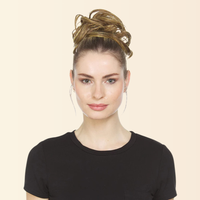
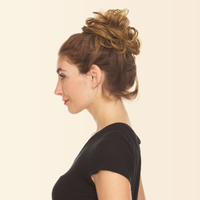
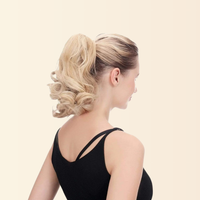
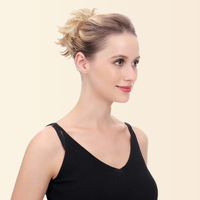

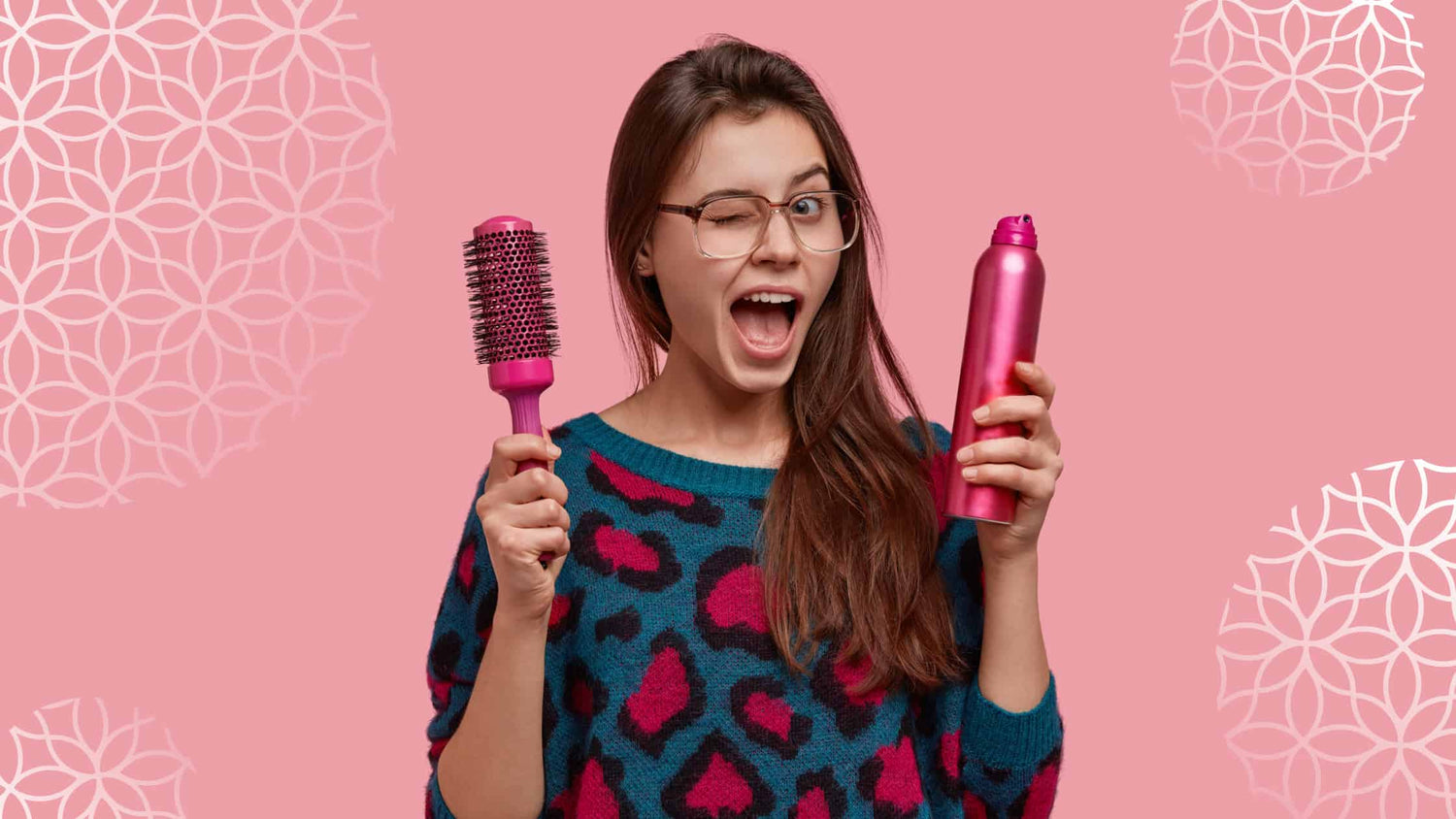
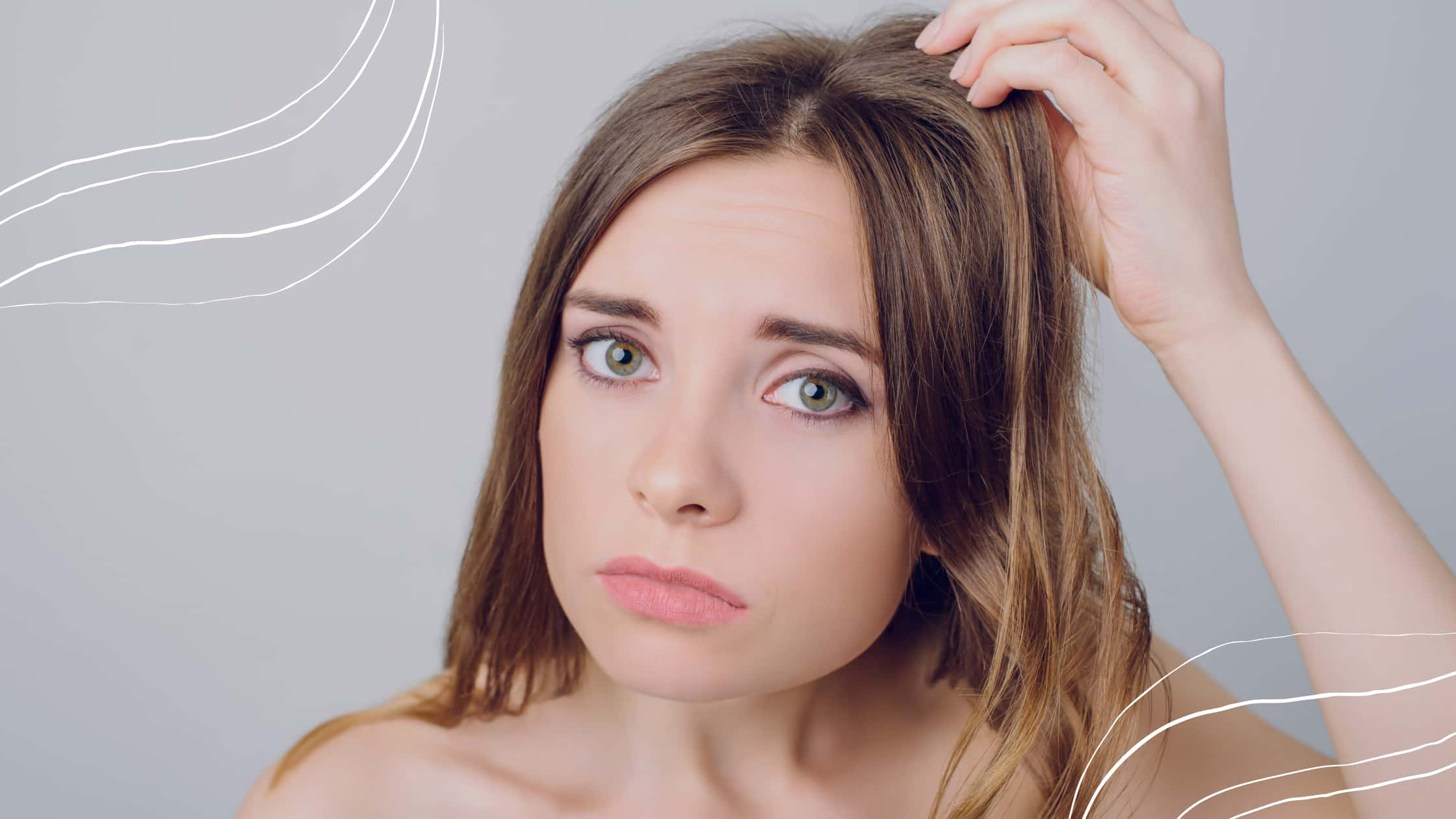
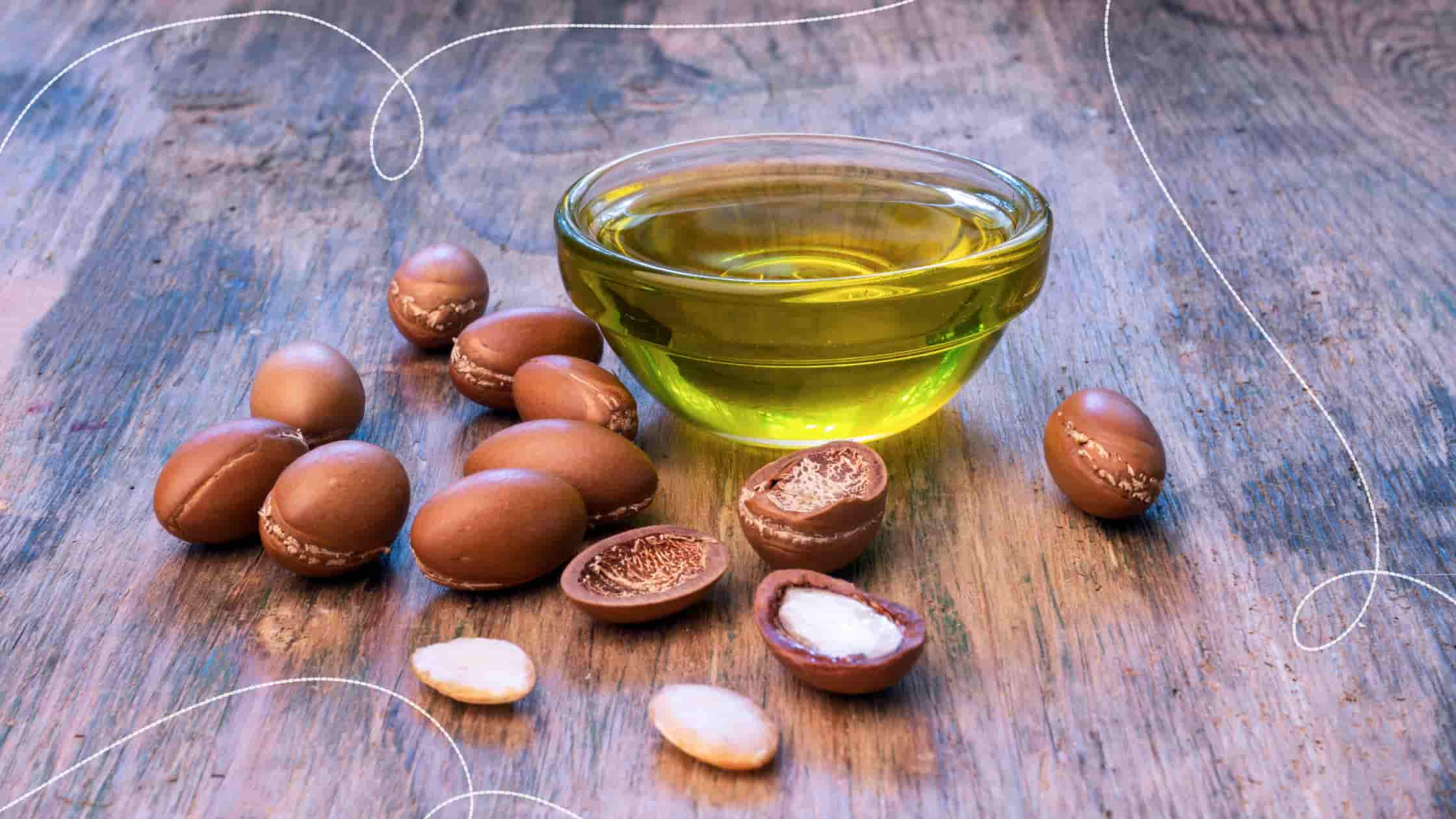
Leave a comment
This site is protected by hCaptcha and the hCaptcha Privacy Policy and Terms of Service apply.